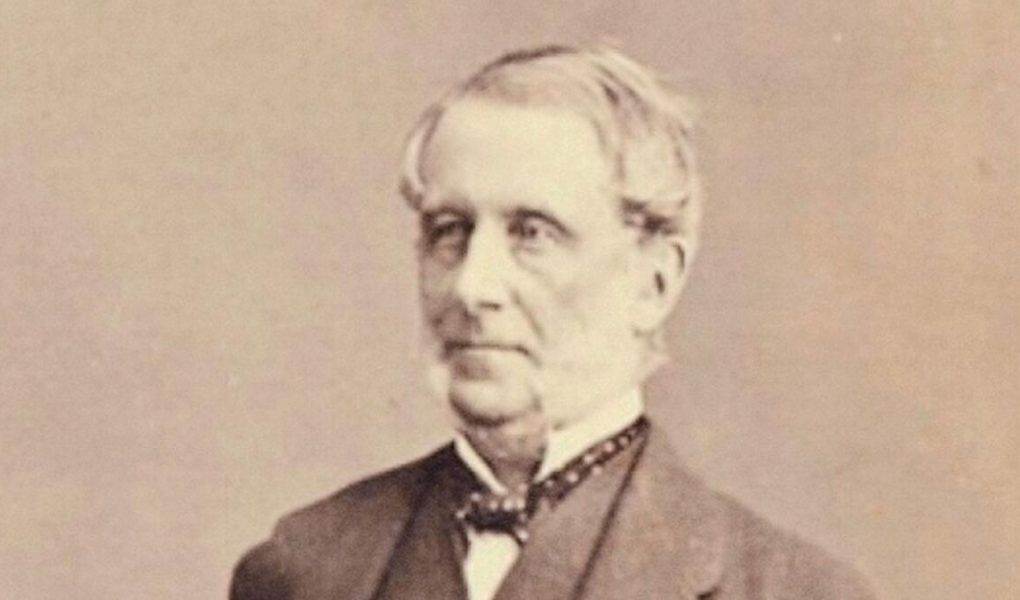iwillnotbebroken.org – Lord Lisgar, also known as John Young, served as the Governor General of Canada from 1868 to 1872, during a crucial period in the country’s development. His time in office came after the first years of Confederation, and his leadership played an important role in shaping Canada’s national identity and political landscape during the late 19th century. As Governor General, Lord Lisgar worked to maintain the British Crown’s authority while supporting the growing aspirations of Canadian self-governance.
Early Life and Background
John Young, who would later become Lord Lisgar, was born on April 29, 1807, in Ireland. He was educated at Eton College and the University of Edinburgh, where he gained a broad education that would serve him well in later political and diplomatic roles. Initially pursuing a career in law, Young entered politics and served in various capacities, including as a Member of Parliament in the United Kingdom. In 1867, when Canada became a Dominion, Young was appointed as the 4th Earl of Lisgar and given the position of Governor General of Canada.
Appointment as Governor General
Lord Lisgar’s appointment as Governor General of Canada came at a time when the country was still in its early years of Confederation. His predecessor, Lord Monck, had overseen the establishment of the Dominion, and now it was up to Lisgar to help guide the young nation through the challenges it faced as it sought to build a stable and effective government. Although Lisgar had limited executive power, his role as the symbolic representative of the British Crown was crucial to maintaining the relationship between Canada and Britain during a period of significant change.
The Challenges of a Young Nation
During Lord Lisgar’s tenure, Canada faced several political and social challenges that required his steady hand. The country was still adapting to the federal system introduced by the British North America Act of 1867, and many issues arose as the provinces adjusted to their new roles within the Confederation.
One of the key challenges during Lisgar’s time in office was managing the relationship between English and French Canadians, particularly in the aftermath of the Red River Rebellion and the entry of Manitoba into Confederation in 1870. The issues of language rights, religious freedoms, and regional tensions were of great concern, particularly in Quebec and the newly-established province of Manitoba. Lisgar was tasked with maintaining a delicate balance between the demands of these diverse regions and ensuring the stability of the newly-formed Canadian Confederation.
Additionally, Canada faced challenges related to its economy and national infrastructure. The completion of the Canadian Pacific Railway, which would link the eastern and western provinces, was still several years away. Lisgar supported initiatives that encouraged trade and infrastructure development while ensuring that Canada’s governance remained firmly rooted in British imperial ties.
The Red River Rebellion and the Entry of Manitoba
One of the most significant events during Lord Lisgar’s time as Governor General was the Red River Rebellion of 1869-1870. Led by Louis Riel, the Métis people in the Red River Settlement (now part of Manitoba) resisted Canadian control following the transfer of the area from the Hudson’s Bay Company to the Canadian government. The rebellion led to the creation of the province of Manitoba in 1870.
Lisgar’s role in the aftermath of the rebellion was one of reconciliation and nation-building. He worked with Canadian leaders and representatives of the Métis people to bring about a peaceful resolution to the conflict, ensuring that Manitoba was admitted into Confederation. This event highlighted Lord Lisgar’s diplomatic abilities and his capacity to manage the complexities of Canadian politics during a time of upheaval.
Conclusion
Lord Lisgar’s tenure as Governor General of Canada was marked by significant political developments and challenges. His leadership during the late 1860s and early 1870s helped to navigate the country through its growing pains as a new nation. By promoting unity and supporting the continuation of British-Canadian relations, Lord Lisgar played an essential role in stabilizing Canada during a pivotal time in its history. Although his time in office was not without challenges, his contributions to the governance of Canada and the peaceful resolution of regional conflicts left a lasting impact on the nation’s early development.


